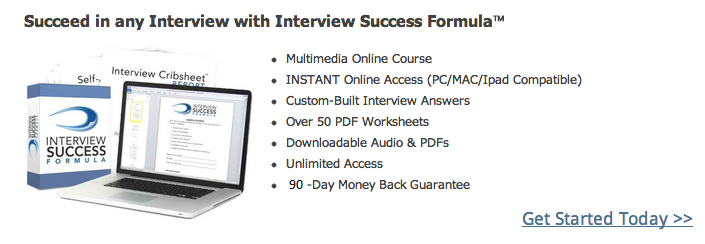Why do you want to work for a public utilities company? How do you fit in with our core values? Describe a past experience that would be relevant to working in a public utilities? What do these three questions, asked in interviews for jobs at public utilities, have in common? What do they tell you about the employer? What do they tell you about preparing for an interview at a public utility?
I have begun this article with a series of questions to illustrate how an industry can impact the interviewing process. It’s been my personal experience that many job interviewers from other industries never ask a candidate about “core values” yet it is a common question for the public utilities industry. Given the technical nature of public utilities work, wouldn't one expect the interviews to focus solely on technical questions about electrical power generation?
After all, does an electrical engineer who needs to repair a power line or a malfunction at a remote power transmission station really need to know the core values and mission of the public utility s/he works for? I'm not implying that interviewees at public utilities do not get asked technical questions; rather, I am saying that the brunt of the interview questions for this industry are organizational and behavioral in nature.
This emphasis on organizational knowledge and behavioral questions is driven by the industry itself. What are the current trends occurring in the public utilities industry? Here’s the short list:
- Worker shortage due to retirement
- Deregulation has forced staff reductions
- The recent financial crisis has forced reductions in rate relief requests, created fuel price fluctuations and lowered capital budgets.
- Government mandates for renewable energy and “carbon” regulation are in the works
- Utility equipment is nearing the end of its service life and needs replacement
This is an industry that is undergoing both financial stress and structural changes. While the prospects of employment in this industry appear to be good, the loss of highly experienced works to retirement can cause more worker stress. These industry trends impact the type of employee the industry needs to attract: highly skilled people who can work under stress. These conditions ultimately influence how job candidates are interviewed in this industry.
You will discover that by the time you are brought in for an interview, the interviewing team knows about your technical skills. After all, the industry uses standardized aptitude tests that screen you for skills, e.g., plant operator selection system test (POSS) and basic math and science test (BSMT). What it needs to learn during your job interview is whether you have an inclination and the capability of working within their culture and the conditions required of its employees. Now, I'm not referring to physical conditions.
Not at all. The public utilities industry is very regulated and its policies and regulations must be followed to the letter. So, a candidate's ability to follow directions is critical to your success as an employee. In addition, many jobs in the public utilities are performed in stressful or crisis conditions. So, the interviewing team needs to understand how you would perform under these conditions. The only way they can determine if you are suited to this industry is your past performance in similar situations. This is why there is such an emphasis on behavioral interview questions.
Generally speaking, you will be interviewed by a team of interviewers. Consider this the checks-and-balances the company does to ensure you are indeed a good match for the job you are seeking. HR representatives, managers, and co-workers usually make up the interviewing team. Most interviews are an hour, but some can last for several hours are more.
Let's look at some typical behavioral questions asked by interviewers in the public utilities industry:
1. Tell me a time where you demonstrated the core values, beliefs, and ethics of our company? (This assumes you took the time to find out about the company and what its values and ethics are.)
2. Tell me a time when you made a bad decision and what you did to correct it.
3. Tell me a time when you played the contrarian in a work team. How did the others handle your point of view?
4. Tell me a time when you were in a crisis situation and what the outcome was.
5. Explain to me a time when you had to follow a policy you didn't fully agree with. What did you do?
6. Tell me about a time when you had to work with a diverse group of people. How did you handle conflict?
When we place the above questions side by side, we can start seeing why core values are a factor in the interviewing process for this industry. When people are confronted with crisis situations, policies they may not agree with, or people they have conflict with, it is their own core values that determine their actions and performance.
Now, you may feel the above questions have a negative or confrontational side to them. I would not totally disagree with you, but I would not frame them in pejorative terms. Rather, think of it as risk management. If they hire someone who has a problem with different kinds of people, and conflict occurs, what could be the net result? I can think of many scenarios and none of them are pretty.
Expect to be challenged in the interview: Why should we invest hundreds of thousands of dollars in training you? Or, to be surprised: Tell me why you are the best guy for this job? Or, given a softball question like, Walk me through your thought processes of solving a problem?
Questions like these are meant to drive differentiation between each of the interviewees. (Some public utilities will grade you on your answers with the highest grade getting the job offer.) But there is an attempt on their part to be fair and choose the best-fit candidate. Sitting in the hot seat is sometimes the best way to weed out the best man or woman for the job.


